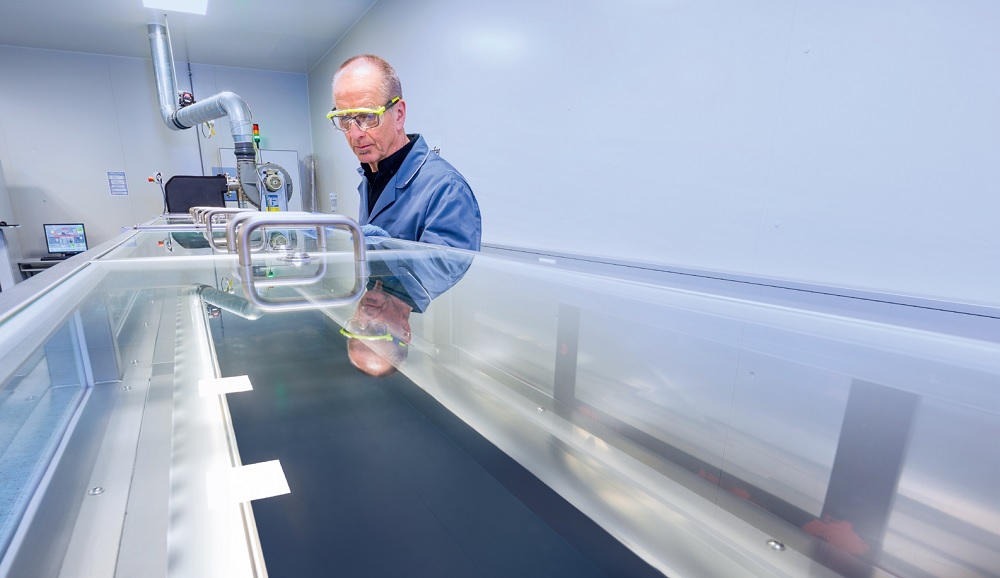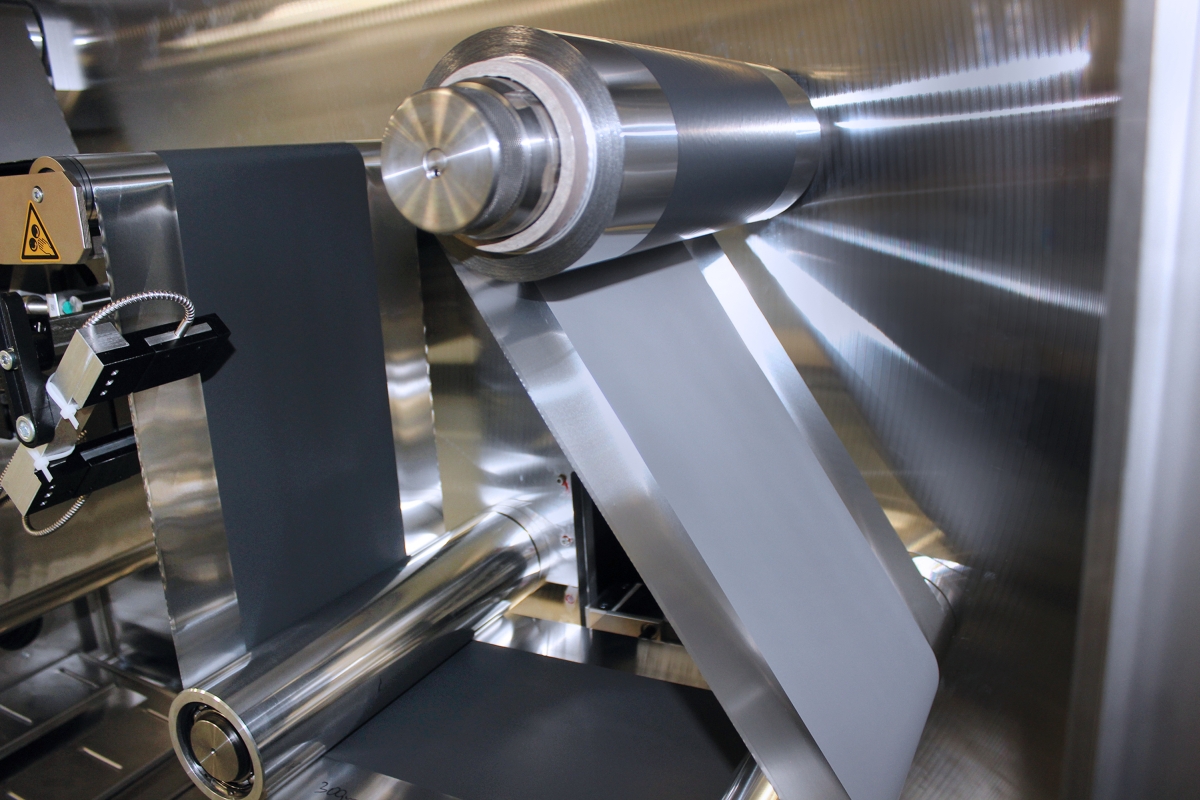
Application center battery technology



In addition to the development of novel battery technologies, the continuous reduction of manufacturing costs is a necessary prerequisite for the future dissemination of lithium-ion batteries for mobile or stationary energy storage. Technology development and upscaling represent a crucial link between basic research and concept development in the laboratory and industrial process development in serial production. For several years now, we have been operating the Battery Technology Application Center for this purpose, which has been continuously expanded and includes a dry room. Here, we are able to demonstrate the Li-ion production chain from slurry production and characterization, through electrode coating, drying and post-compression (calendering), to the packaging of the coated electrode tapes. With the help of various cell setups, demonstrators can then be produced and downstream steps, such as electrolyte filling and cell formation, can be specifically optimized.
The versatile mixing units provide customers with a wide range of equipment and process parameters for inert wet and dry mixing routes under different viscosities and temperature ranges. Furthermore, tape widths of up to 300 mm can be coated on the coater using the classic tape casting process or wide slot nozzles. These processes are also used, for example, if additional functional layers, such as ceramic separator layers or polymer electrolytes, are to be applied to the electrode in a second coating. In addition, high-energy electrodes with high surface capacity loading can be produced via the process of tape extrusion using smoothing calenders. Due to their high solids content of up to 90 ma.-% and therefore low solvent contents, continuous extrusion processes for combined mixing and shaping have great potential for electrode tapes and can reduce manufacturing costs in battery production.